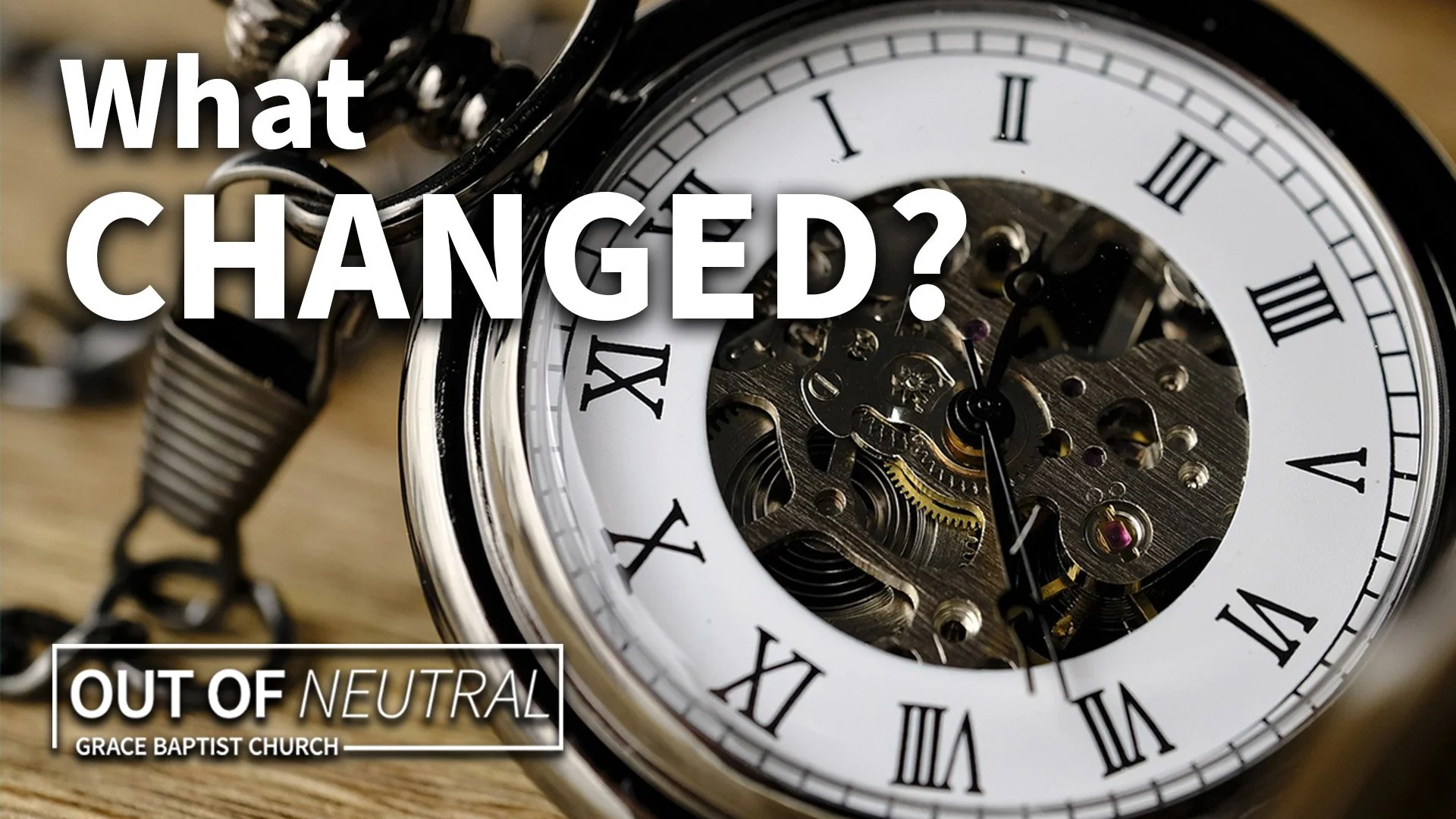In last week’s article, we saw how in the Old Testament, someone who made a prediction that didn’t come true was rejected as a false prophet (Deuteronomy 13:1-5; Deuteronomy 18:20, 22). Adding God’s authority to someone’s guesses was seen as a serious problem. They were permanently silenced because someone saying untrue things while claiming to speak for God was in danger of leading the people of God astray. Today, many Christians have a different view.
There’s a sincere desire to “encourage the prophetic gift.” There’s a belief that New Testament prophecy may contain a kernel of truth even if there’s a husk of error. The idea is that people can be prompted by a genuine revelation from God but misinterpret it slightly. Something can get lost in the translation. There’s also an appeal to what I’ll call humble prophecy. Instead of saying, “Thus says the Lord,” people are encouraged to say things like, “I feel God wants me to tell you this.” All of this seems well-intentioned. But is it biblical? How does the New Testament present prophecy and is it different than the Old Testament?
1. Prophecy in the Gospels functions like prophecy in the Old Testament
The gospels open with a burst of prophecies. Elizabeth is “filled with the Holy Spirit” (Luke 1:41) and not only proclaims a blessing on Mary but identifies her unborn child as the Lord (Luke 1:42-45). Zechariah is also “filled with the Holy Spirit” and prophesies (Luke 1:67) that “the saving will of God which will soon be put into effect.” A righteous man named Simeon proclaims a blessing over the baby Jesus saying that “this child is appointed for the fall and rising of many in Israel” (Luke 2:34-35). John the Baptist appears and seems to dress and speak the part of an Old Testament prophet. He is called a prophet (Matthew 11:9) and like those who came before him, he calls people to repentance (Matthew 3:1-2), predicts the Messiah’s coming (John 1:30), and identifies the Messiah directly (John 1:29). If the nature of prophecy has undergone a change with the coming of Jesus, we’re at a loss to see it in the gospels.
2. Prophecy at Pentecost is specifically linked to the Old Testament
On the Day of Pentecost, Peter declares that God has given the promised Holy Spirit. He quotes Joel 2:28-32, saying, “your sons and your daughters shall prophesy, and your young men shall see visions and your old men shall dream dreams” (Acts 2:17). Even “male and female servants” will prophesy (Acts 2:18). Surely, the point is the sheer breadth of the Spirit’s empowerment in this new age. Men and women, young and old, slave and free – all will receive God’s Spirit without distinction. And God will speak! Peter presents prophecy, not as some unique first-century invention that can be imagined however we want but as a revival of the Old Testament gift. If what Peter means by prophecy is essentially different or a diluted version of what Joel’s readers were familiar with, it hardly would have served as a fulfillment of their expectations.
3. Prophecy in Acts looks exactly like prophecy in the Old Testament
While prophets and prophecy are mentioned in the Book of Acts, the only prophet whose prophecies are detailed with any precision is a man named Agabus. In Acts 11:28, Agabus predicts a great famine. Luke tells us that the church prepared earnestly in response to his prophecy (Acts 11:29-30), and the prophecy came true (Acts 11:28). Then in Acts 21:10-11, Agabus appears again, this time taking Paul’s belt and tying his own hands and feet with it while delivering a prophecy of warning. He says, “Thus says the Holy Spirit, ‘This is how the Jews at Jerusalem will bind the man who owns this belt and deliver him into the hands of the Gentiles.’” Agabus didn’t get the memo about humble prophecy. He speaks authoritatively for God in very much the same way that Old Testament prophets like Elisha (2 Kings 2:19-22), Jeremiah (Jeremiah 19:10-11), and Ezekiel (Ezekiel 5:1-12) did. While there is discussion about how to respond to the warning of this prophecy, nobody argues that the prophecy might be wrong since Agabus is human after all. When Luke records what happened to Paul in Acts 28:17, he uses almost identical words to what Agabus had predicted.
I don’t see anything that justifies a redefinition of prophecy from the Old to the New Testament. New Testament prophets didn’t hedge their bets or claim to sometimes be a little off in expressing what God revealed to them. They weren’t shy to claim to speak God’s words and their prophecies always came true. I fear that confusion in this area has resulted in false prophets today not being held to account. I also suspect that what many people call prophecy today was what earlier generations of Christians used to call “impressions.” All Christians agree that the Holy Spirit guides people and prompts them in various ways. But words matter. Claiming God’s authority for our subjective impressions can cause great damage to people’s faith and God’s reputation. Let’s reserve the word prophecy for revelations that meet the biblical criteria.
In awe of Him,
Paul














